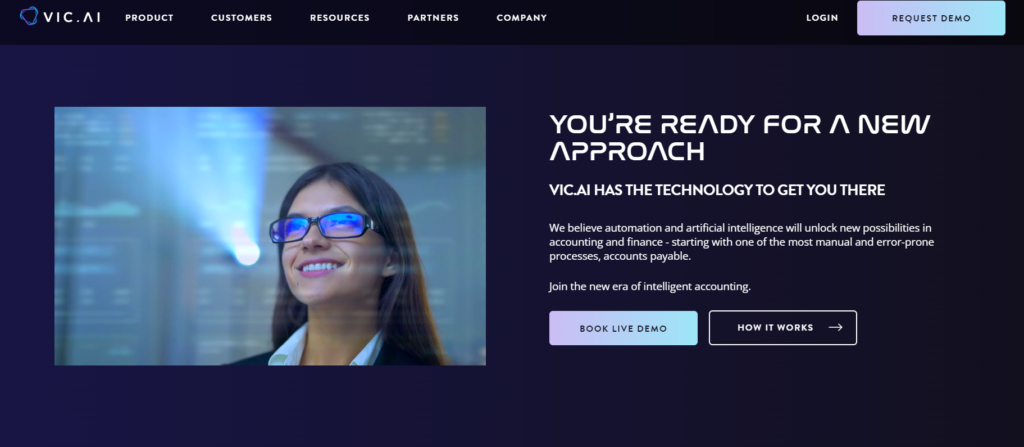Top 5 AI accounting software of 2024
Everything is moving toward AI and it’s the same for firms who want to ease the error-prone, manual accounting tasks and need a magic wand to just poof get things done correctly.
Imagine transactions flying in and categorizing themselves, workflows magically streamlining, and your books balancing in no time. No more tedious tasks by hand. Just real-time, insightful financial data at your fingertips.
Finding the right software is easier said than done. But we’ve made a list of the ten best AI accounting software to give your business a magical accounting advantage!
But first, what is AI in accounting?
What is AI in accounting?
AI in accounting involves the application of artificial intelligence technologies to automate and enhance various accounting tasks and processes. These technologies include machine learning, which allows systems to learn from data and improve over time, and natural language processing, which enables computers to understand and process human language.
AI is used in accounting to automate data entry, categorize expenses, track receipts, and detect anomalies or fraudulent activities in financial transactions. It can also analyze historical financial data to forecast future trends, assist in budgeting decisions, and provide valuable insights for strategic planning.
By leveraging AI in accounting, businesses can streamline their financial operations, improve accuracy, reduce manual effort, and make more informed financial decisions.
Top AI accounting software of 2024
1) Mesha

Mesha’s superpower is enabling much faster decision-making. Because it digitizes financial data and automates workflows, it allows for much faster decision-making.
It also reduces the cost and complexity of bookkeeping and corporate back-office tasks. Our algorithms are extremely accurate at the header level from the first day of operation, and their technology is perpetually improving.
It gives accurate answers to your queries, from the latest IRS guidelines to internal knowledge databases and client information.
Finally be able to teach that new intern how to use Quickbooks, or walk your client through one of their messier systems.
2. VIC.AI

Vic.ai employs AI to manage the accounting process. They’ve trained their algorithms on hundreds of millions of invoices, and they never need to resort to templates or memorization to extract the relevant data from an invoice.
Vic.ai after an invoice is uploaded VIC uses its algorithms to process invoices and expenses that meet a certain confidence threshold to notify approvers. The scope of invoice processing also includes automated judgment of the step that is needed for approval. Vic.ai selects which employee should review each step of an invoice approval process.
3. Zeni

Zeni’s two key features are its powerful AI and a team of finance experts. The AI handles tedious, manual bookkeeping and builds automation around your processes, freeing up your time.
The finance experts provide guidance on everything from financial planning to investor relations.
4. Truewind

Truewind is your AI-powered finance and bookkeeping solution, designed specifically for startups.
Truewind combines AI technology with a concierge service to deliver accurate, timely, and reliable financial management.
With this, you’ll witness fewer errors and more transparency, leading to faster monthly close times. This means you can make quicker, more informed business decisions.
5. Planful

Planful transforms your finance operations with AI-driven planning, reporting, and analysis. Automated workflows eliminate tedious tasks while machine learning detects anomalies and uncovers insights.
Dynamic dashboards provide real-time visibility into financial performance. Scalable and cloud-based, Planful enables continuous planning across your organization. It improves forecast accuracy, optimizes resources, and makes data-driven decisions.
Say goodbye to disparate spreadsheets and embrace interconnected finance powered by Planful’s intelligent platform.
Conclusion
The use of Artificial Intelligence has been a great addition to the accounting industry. AI tools have made it easier for accountants to remain accurate and efficient, while also saving time and money. As more businesses recognize the potential of AI, more companies will start implementing AI into their operations. AI is no longer a distant concept, but rather an integral part of our lives that we can use to improve our efficiency and accuracy in many industries soon.


